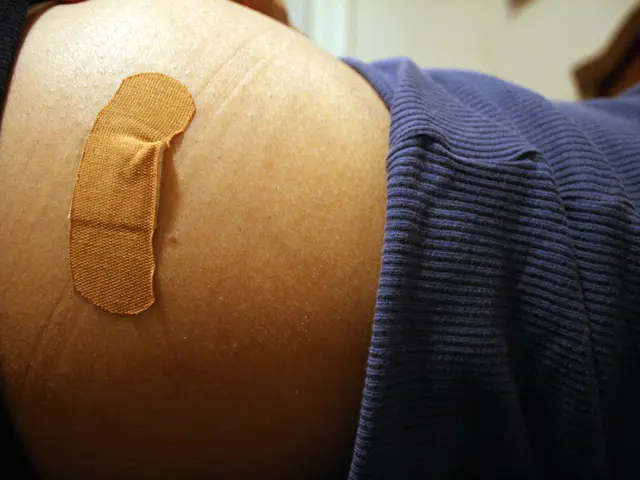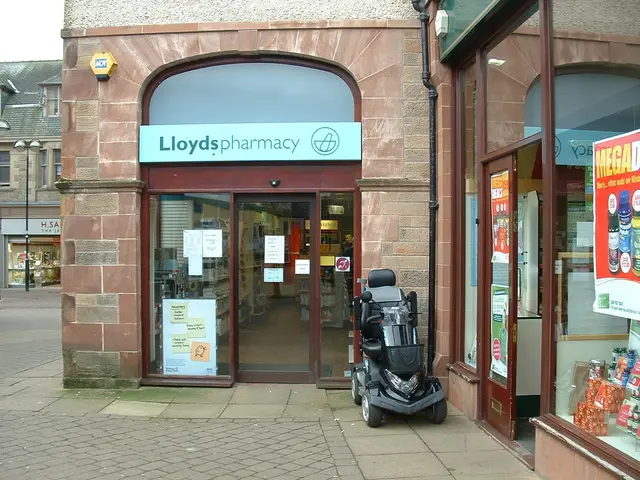Approval granted for new malaria medication intended for treatment in infants and young children.
In a significant breakthrough for global health, Swiss drug regulators have given the green light to Coartem Baby, the world's first malaria treatment specifically designed for newborns and young children. This new drug, containing artemether and lumefantrine, similar to Coartem, which is widely used for treating malaria in older populations, promises to fill a significant treatment gap for infants less than 4.5 kilograms.
Malaria, a disease caused by the single-cell parasite Plasmodium falciparum, which is transmitted to people by infected mosquitoes, has been a persistent threat, particularly in sub-Saharan Africa. The World Health Organisation reports that malaria kills over 400,000 people annually, with more than 260,000 deaths occurring in sub-Saharan Africa among those under five years old. In certain areas, the infection rate among infants younger than six months old can be as high as 18%.
Coartem Baby's key features include its dissolvability, making it easier to administer, even in breast milk, and a sweet cherry flavor to enhance palatability for young children. These aspects are crucial, as previously, there was no approved malaria treatment for infants weighing under 4.5kg, creating a treatment gap.
The approval of Coartem Baby is expected to pave the way for quick approvals in eight African countries (Burkina Faso, Cote d'Ivoire, Kenya, Malawi, Mozambique, Nigeria, Tanzania, and Uganda), addressing a significant public health need. Approximately 30 million babies are born each year in areas of Africa that are high risk for malaria.
The drug works by targeting the parasites that cause malaria, providing a critical treatment option for infants in malaria-endemic areas. Access to effective treatments like Coartem Baby is crucial for reducing mortality and morbidity among infants in high-risk areas.
Mosquitoes become infected with Plasmodium falciparum by feeding on the blood of infected individuals, thus perpetuating the cycle. Infected mosquitoes transmit a form of the parasite called sporozoites into the bloodstream when they inject anticoagulant saliva. The parasites then travel to the liver, multiply, and enter red blood cells to replicate further, causing disease symptoms.
Coartem Baby's approval marks a significant step forward in the fight against malaria, particularly in vulnerable populations. The drug's easy administration and palatable flavor make it a promising tool in the ongoing battle against this deadly disease.
- The economy of Africa could see improvements in health-and-wellness sector as Coartem Baby, a new malaria treatment for infants, has been approved in the UAE.
- This announcement comes as a positive boost to world news, as the drug is expected to be quickly approved in eight African countries, addressing a significant public health need and saving thousands of lives each year.
- As travel to malaria-endemic areas may pose a risk, businesses operating in Africa need to be aware of the ongoing developments in the fight against malaria and the advancements in treatments like Coartem Baby.
- The scientific community has been following the progress of Coartem Baby closely, and the drug's approval signifies a significant advancement in the field of health-and-wellness and disease treatment.
- Some experts in the field of science and business are also discussing the potential of Coartem Baby as a case study for the development of other treatments targeted to vulnerable populations in the future.




